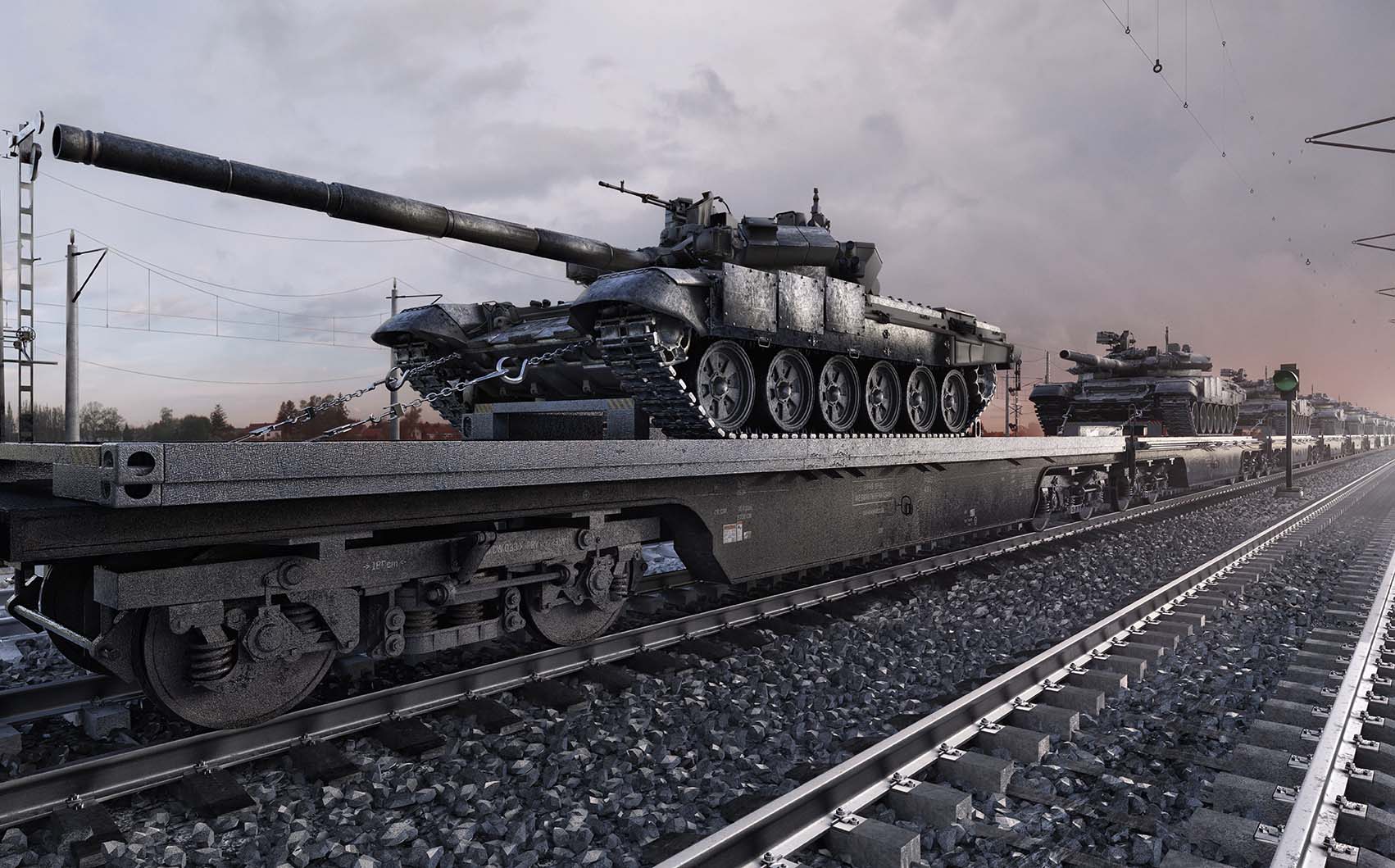Article 2(4) of the UN Charter reads: ‘All Members shall refrain in their international relations from the threat or use of force against the territorial integrity or political independence of any State, or in any other manner inconsistent with the Purposes of the United Nations’. This prohibition has virtually never been operationalized in jurisprudence (except for a conflict between Guyana and Suriname). Typically, military threats, like the policy of deterrence as a whole, are to a certain extent accepted and even considered conducive to diplomatic dispute resolution.
Nevertheless, the rule should not simply remain a dead letter. Russian behaviour fulfils all the elements of the violation. Given the timing, the geographical location, the exceptional nature of the manoeuvres in which an intervention is being played out, one may credibly infer that Russia is declaring its willingness to use force to achieve concrete political goals. This threat is directed against the territorial integrity of Ukraine. With the annexation of Crimea in 2014, Russia has already proven that it does not respect the integrity of the State’s territory. In addition, the threat targets Ukraine’s political independence because Russia wants to prevent Ukraine from joining NATO. As a sovereign State, Ukraine can decide for itself which organizations it will or will not apply to join. The Russian threat is also incompatible with UN goals in other respects—violent obstruction of a rapprochement with the West violates Ukraine’s right to self-determination and undermines State sovereignty.
In its 1996 Advisory Opinion on the Legality of Nuclear Weapons, the International Court of Justice pointed out that the mere possession of nuclear weapons does not constitute a prohibited threat. It stated that a military threat only violates the UN Charter if the subsequent use of the weapons would also be illegal under international law. Accordingly, it depends on whether a (potential) use of force by Russia would be contrary to international law.
Could Russia invoke some kind of self-defence and thus justify its threat of force? The Russian narrative, as we know, is that NATO threatens Russia with its eastward expansion, and that even on the occasion of German reunification, it was promised that Ukraine would not join NATO. According to current historical knowledge, there was no such promise. And even if such a promise had been made at the expense of a third State, the Western powers and Russia would not have been able to legally curtail Ukraine’s right to self-determination in advance. Rather, NATO members remain free to accept a possible future application by Ukraine for membership. Above all, mere membership in a defence alliance does not constitute a threat of aggression against Russia, let alone an armed attack that would justify self-defence. Russia is therefore not entitled to use military force against Ukraine and accordingly may not threaten it with such force.
Another question is whether the deployment of Western States’ troops and the delivery of weapons to Ukraine also violates the ban on the threat of military force. If Russia intervenes militarily, Ukraine would be entitled to defend itself. It could also request assistance from other States. Military action in exercise of the collective right of self-defence is lawful provided it meets further conditions. In particular, the response would have to be proportionate.
As a side note, a mere border skirmish would still not entitle Ukraine (and allies) to self-defence. Although Russia would already violate the ban on the use of force with minor incursions, there would not yet be an ‘armed attack’ in the technical sense that would trigger the right to self-defence under the UN Charter. This gap between the prohibition of violence and the right of self-defence means that low-level violence must be accepted by the victim State.
However, it is difficult to assess the preceding threat solely on the basis of a backward projection of the legitimacy of a (hypothetical) military response. It remains speculative how Western military powers would react. They would only be entitled to (collective) self-defence if a Russian armed attack were imminent or already underway. It would not be permissible to take ‘pre-emptive’ action, for example, on the basis of intelligence information without objective indications. Such an anticipation of the right of self-defence has been claimed by the USA, especially in the wake of the 9/11 attacks, but was not accepted by the community of states. However, there is a grey area of lawful self-defence against imminent armed attacks.
Since we cannot know at this point whether and how Western military powers will react, it is almost impossible to judge the lawfulness of their threat on the basis of this criterion. The criterion of continuing escalation seems to make more sense here. The Tagliavini Report on the Russo-Georgian War of 2008 used this legal reasoning to qualify the continuous escalation by both sides as a prohibited threat of force by both States in violation of international law. By this standard, the reactive Western troop concentration does not constitute a prohibited threat of force.
Russia cannot be brought before an international court for its disregard of the UN Charter. In essence, the basic principles of international law can only be brought to bear through negotiations, possibly accompanied by economic sanctions. They do not differ greatly from many parts of national law. Even the current COVID-19 regime depends on the goodwill of those subject to the law and cannot be enforced by command and coercion. But just like the COVID rapid test kits, there is a red line for Russia: if we see it, consequences must be drawn.

